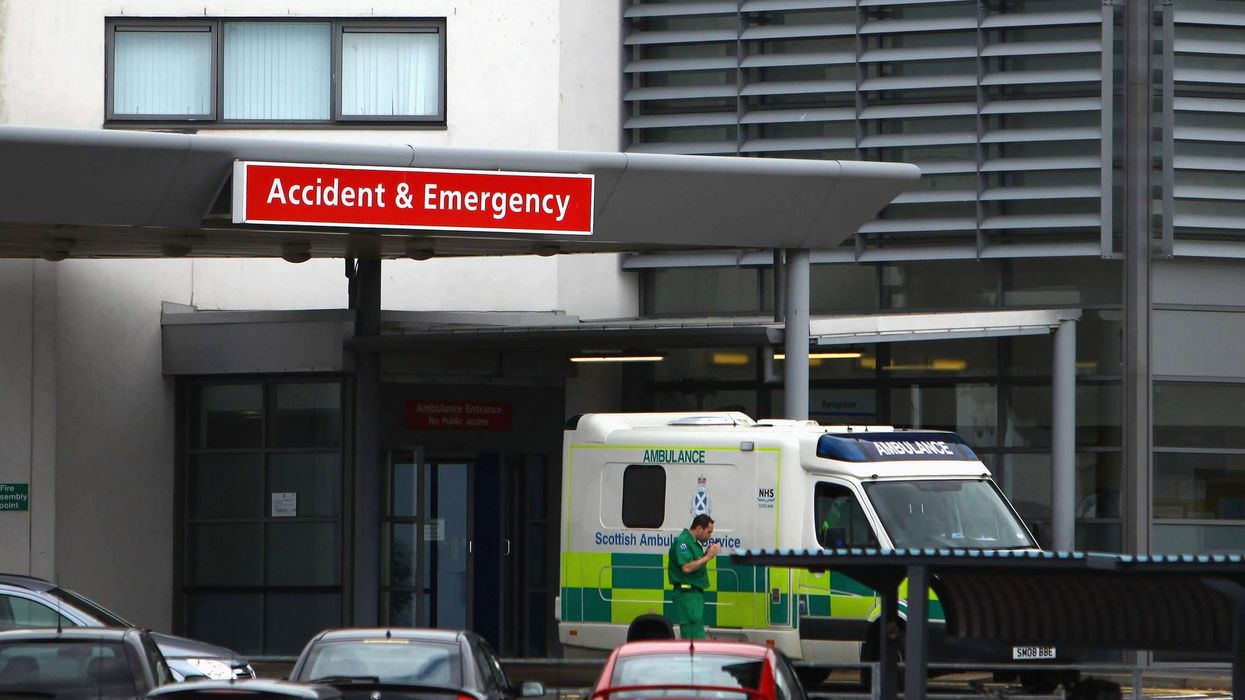Matt Hancock has paid a glowing tribute to community pharmacy after he returned to work following a week of self-isolation due to Covid-19.
“This is Britain at its best,” the Health Secretary said on Thursday (April 2), as he paid tribute to “all the councils, primary care community pharmacies and unbelievable 750,000 volunteers who’ve signed up for shielding the most vulnerable.”
100,000 tests a day
Leading the daily government briefing, Hancock announced that the government would carry out 100,000 tests for Covid-19 every day by the end of the month. It came amid growing criticism of the government that it had failed to increase the number of tests, including on the NHS front line staff.
Hancock said the UK didn't have a large diagnostics industry like Germany where testing for coronavirus we were being done at much faster and greater levels.
He said a country-wide shortage of swabs (blamed to have caused the delay) had been "resolved" but added that sourcing the reagent chemicals needed for the tests still remained a "global challenge."
The increased testing for the NHS will form part of a new strategy to dramatically increase the number of tests which will be led by Public Health England’s (PHE) Director of Health Improvement Professor John Newton.
New five-pillar testing strategy
Hancock's five-point plan, which aims to deliver the new target, will include:
- Scaling up swab tests in PHE labs and NHS hospitals to check if people already have the virus
- Delivering increased commercial swab tests for critical key workers in the NHS first and then then expanding to key workers in other sectors. Universities and private businesses, like Amazon and Boots, will be used to deliver these tests
- Developing blood tests to check if people have the right antibodies and high levels of immunity to coronavirus
- Conducting surveillance testing to determine the rate of infection and how it is spreading across the UK
- Creating a new national diagnostics industry which will involve pharmaceutical giants
Antibody testing
Expanding on the antibody testing, Hancock said: “Blood tests are designed to tell whether people have had the virus and are now immune. The tests are done by taking a blood sample and looking for the presence of the right Covid-19 antibodies. This could potentially be done at home with a finger prick and deliver results in as little as 20 minutes. We are currently working with nine companies who have offered these tests and evaluating their effectiveness.
“These antibody blood tests offer the hope that people who think they have had the disease will know they are immune and can get back to life as much as possible as normal. But they have got to work.”
However, Professor Newton clarified that swab tests were still the most urgent for the NHS because “antibody tests are ideally done 28 days after an infection.”
Step-by-step action plan
Stating that the government’s “step-by-step action plan” was to slow down the virus and limit the number of hospital admissions, Hancock defended his decision to prioritise testing of patients over NHS staff.
He said: “I understand why NHS staff want tests, so they can get back to the front line, of course I do. But I took the decision that the first priority has to be the patients for whom the results of a test could be the difference in treatment that is the difference between life and death.”
Meanwhile, the number of people who have died in the UK due to coronavirus has risen by 569 - taking the total to 2,921.











